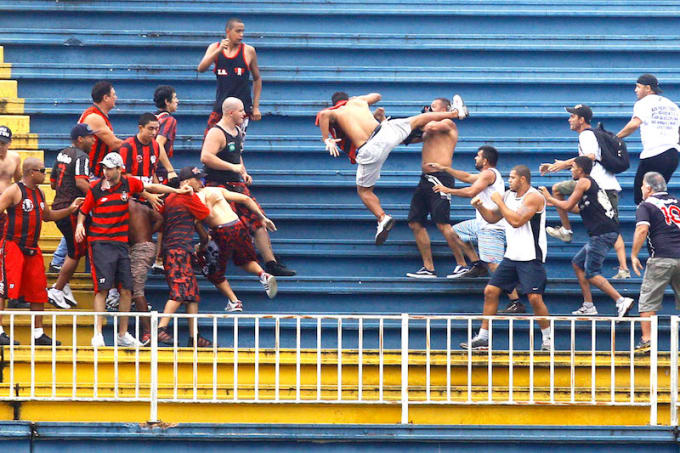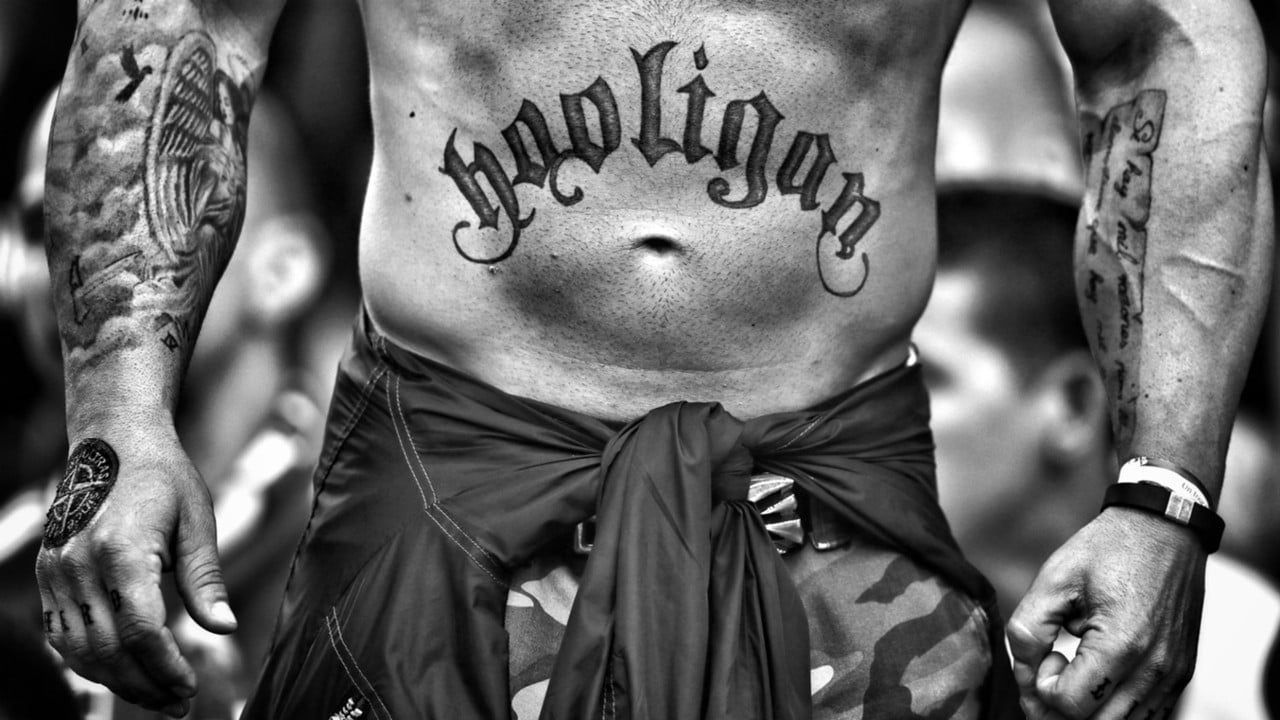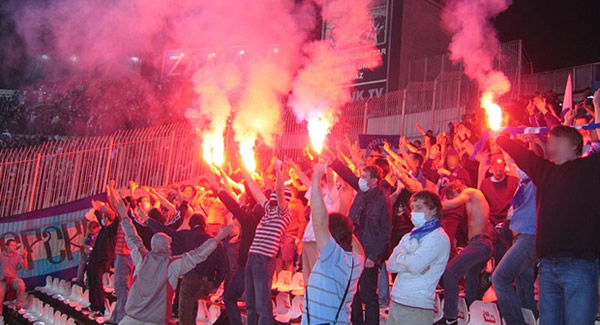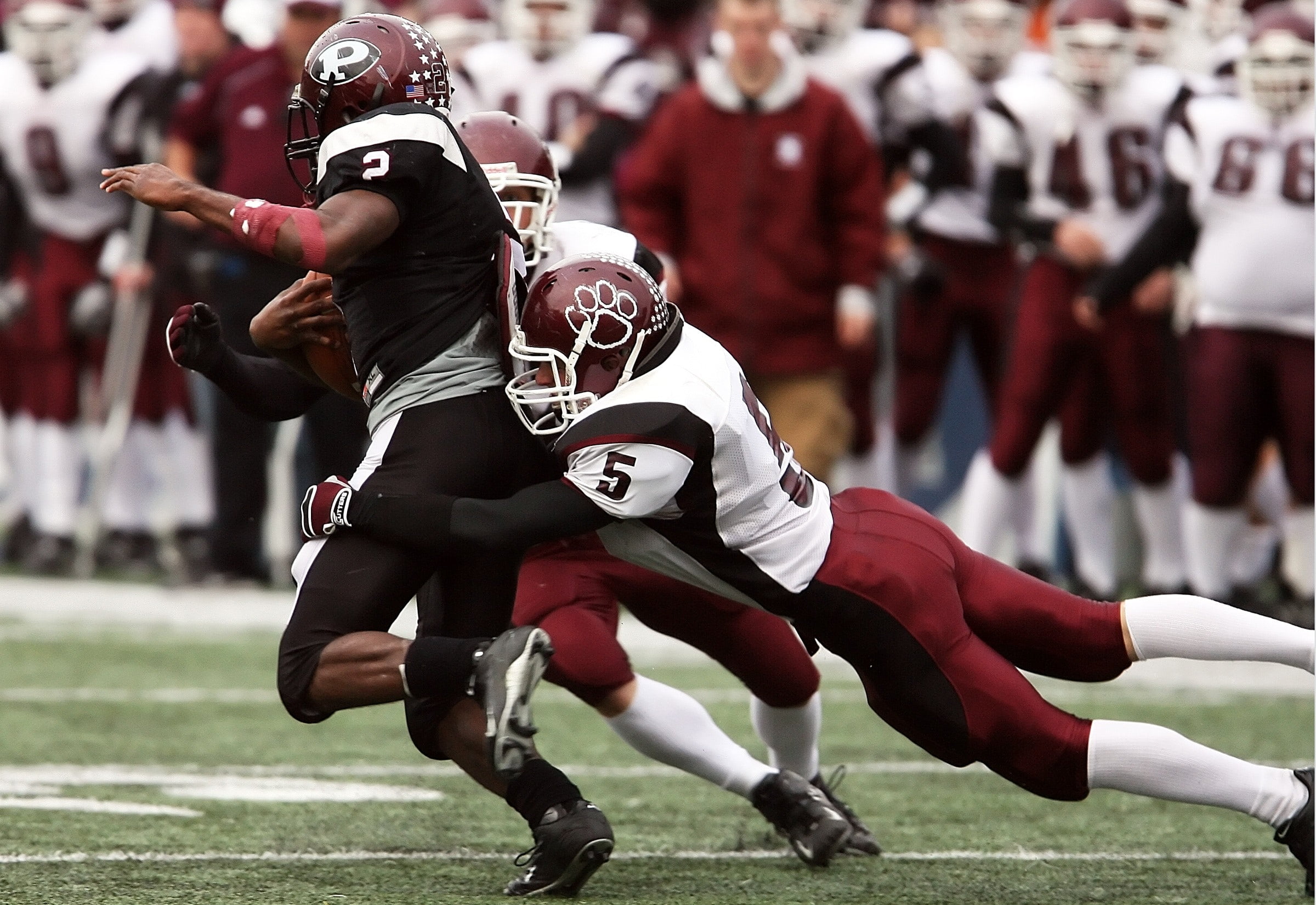While the world is busy witnessing the magic of FIFA World Cup, there are a few hooligans who are showing the power of emotions.
Hooliganism, as defined by Oxford Dictionary, is, “Violent or rowdy behaviour by young troublemakers, typically in a gang.” Such behaviour is generally showcased by an extreme sports fan who is filled with love and unconditional support for a particular association of Football.
The hooligans are no one but fans like you and me. Though their behaviour resembles a youngster who has issues with unrequited love for the sport.
This may seem like an article to demean such sports fan but this piece is more than that. Here, I try to explain what leads to such behaviour and actions.
Hooliganism basically stems from having a strong connection with a club or a sports person. The passion turns into aggression when the liking is questioned or challenged by a stronger team supporter. The challenge may not be only verbal or physically but can be triggered by a missed penalty too.
ViaHere are few causes of hooliganism:
- Influence of Alcohol: Watching or playing Football causes adrenalin rush and under the influence of alcohol that energy needs to be channelised. Cheering for the opposing team or a bad pass from the supporting team may fuel into a full-fledged physical fight.
How to avoid such situation: Analysis of how much alcohol you can handle. And if another person, under the influence of alcohol, provokes you, steer away from the discussion. If the group or person still continue to do so, call for help from other people or the police.
2. Results: If the hooligan is deeply affected by the loss of his team, he may take extreme steps like physically hurting the opposing supporter. If the club or country wins, the hooligan will try to overpower.
How to avoid such situation: Segregation is the best way. Separation of home and away fans or different country supporters.
3. Peer Pressure: This explains it all, group of people behaving in a certain way and influencing others to do the same.
How to avoid such situation: Self-awareness is the key. If you are a part of such a team and if you are the one who is being attacked, staying calm and trying to control the situation may be helpful.

Via
I believe, hooliganism also grows in certain people because of the environment around them. If you are in a circle where the supporters of a certain club constantly point a finger against the little mistakes. Then, it is human tendency to defend something you love. Supporting a club and praising its achievements is a positive element. But bringing down a player or a club contradicts the emotion of a game totally.
Again, a friendly banter that leads to a better perspective of other clubs is worth welcoming. But an unwanted negative discussion about the downfalls is not appreciable.
Whether you agree or not, these little things lead to hooliganism in the long-run and spoil the essence of any sport.
During FIFA World Cup 2018 over 1000 England hooligans were blocked from Russia trip claims NDTV Sports.
Conclusion: Let us remind each other that, we started following a sport first and then a player. Therefore, our emotions or perceptions should not overpower the sport.
We have every right to praise or criticize a player or the decisions taken by a club but not at the cost of hurting a player or a supporter. As fans, as spectators, we have very minimal or limited idea of what those 11 players go through.
When they lose, they are hurt too and as ‘fans’ we need to support them, encourage them and hope the best instead of passing cruel and mean comments.
Today, you decide, whether you want to support a mortal, the club or the cause of their existence. The cause being, one emotion and the language spoken across the planet, Football.





